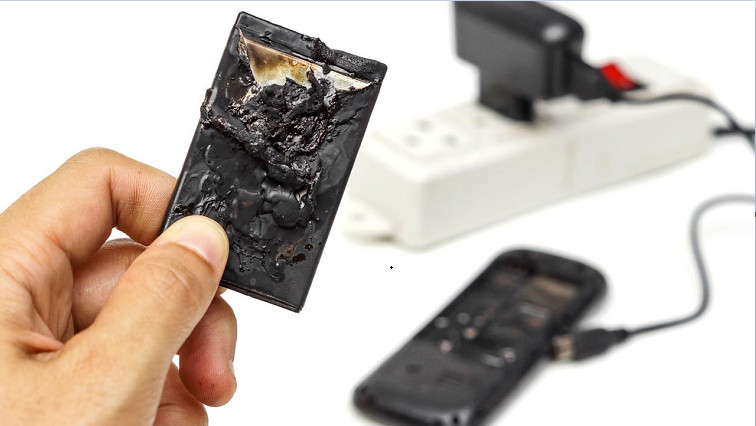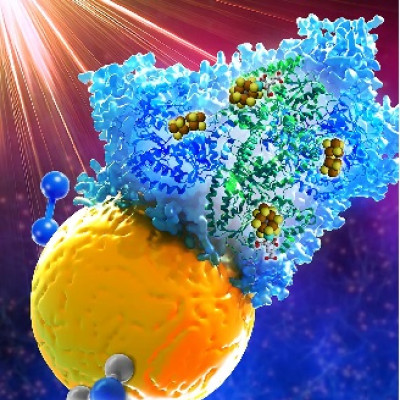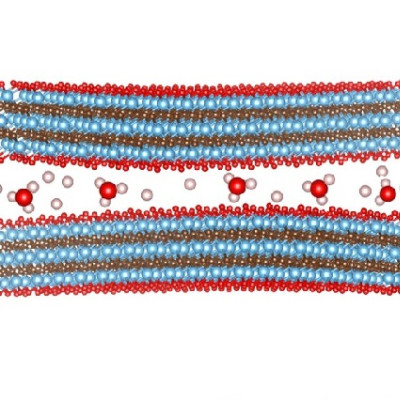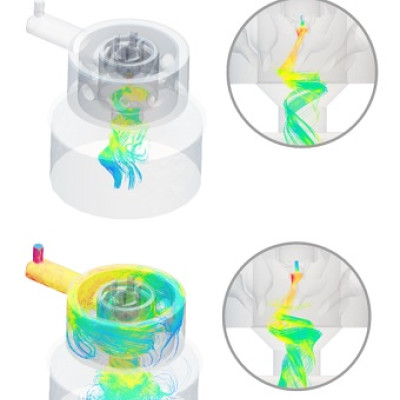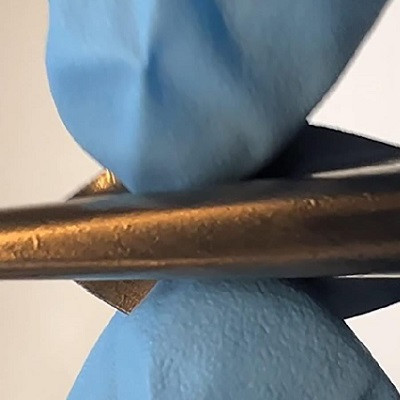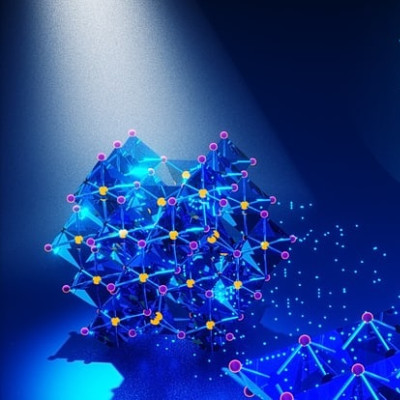Phones, laptops and other devices are prone to overheating when they work too hard. It's been a barrier to innovation for decades.
"The inability to control heat is one of the big limits in current nanotechnologies," said Margaret Murnane, a physicist at JILA, a joint research institute between the University of Colorado Boulder and the National Institute of Standards and Technology. "[It impacts] future quantum computers, and even the computers in our homes and cars."
"If you keep your laptop on your lap for an extended period of time while you're working on it, or if you're playing a game on your cell phone for a while, you will quickly find that heat management is very critical in how those devices function," said Joshua Knobloch, a postdoctoral research associate at JILA.
Knobloch and Murnane are co-authors of a recent study that may have solved a portion of the heat distribution problem.
Typically, hot metal objects need space to cool down efficiently. The researchers' work found something very different at the nano level.
"If you take an array of these very small heat sources and you tightly pack them together, they cool much more efficiently and faster than if you spaced them widely apart," Knobloch said.
The nano-sized metal bars used in the research are thinner than a blood cell. Murnane, Knobloch and the rest of the team used one of the world's most powerful computers to simulate how heat dissipated when those bars were spaced at different distances.
When the bars were packed tightly together, heat energy was forced away at a relatively high rate of speed. It's a technique that could be incorporated into electronic devices moving forward.
"In a way, it's a very timely discovery," said Mahmoud Hussein, a theorist and professor at CU Boulder's Aerospace Engineering program. "If you look at the state of industry right now, the key is going smaller and smaller, and this discovery is all about that."
Read the original article on Denver7 News.

